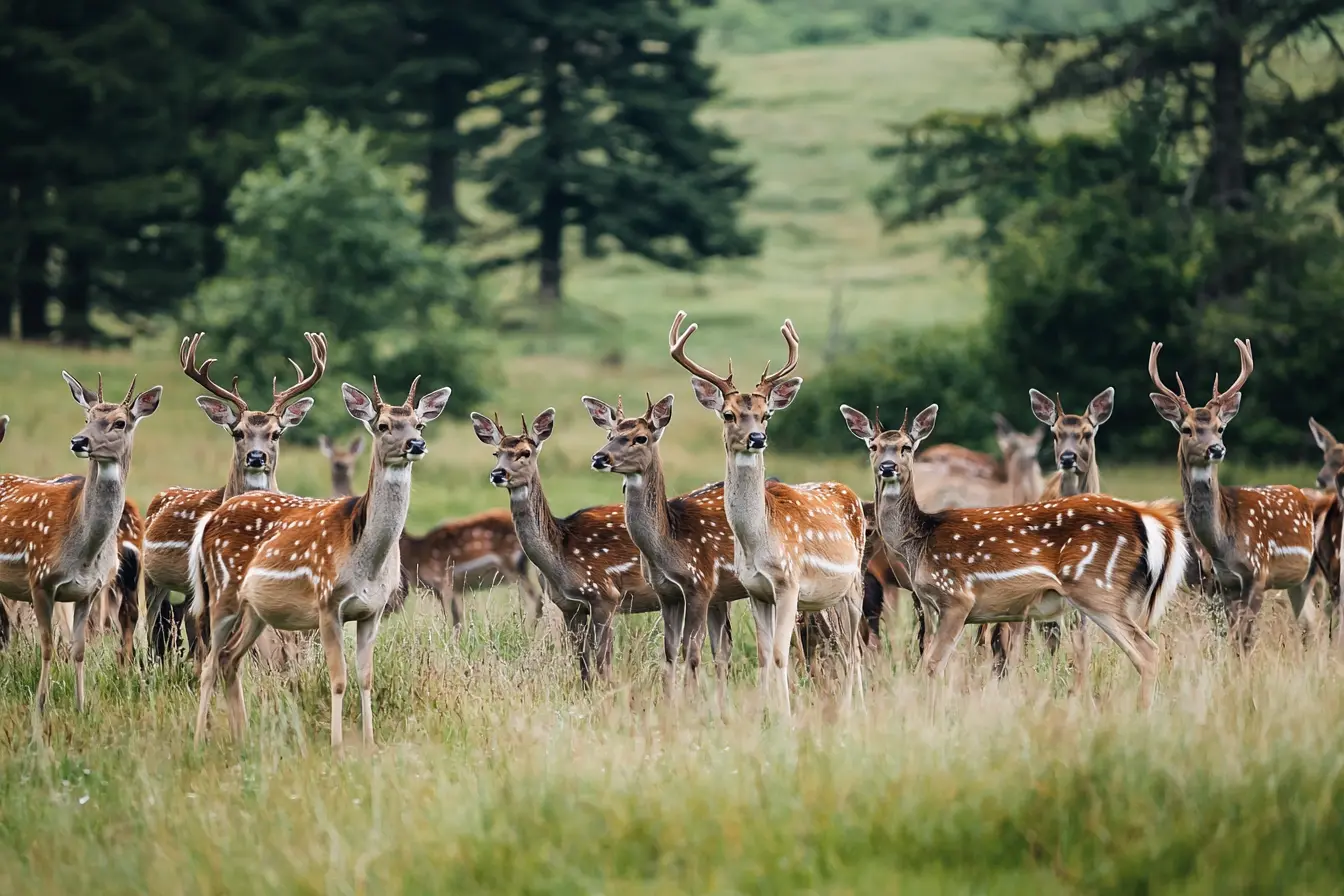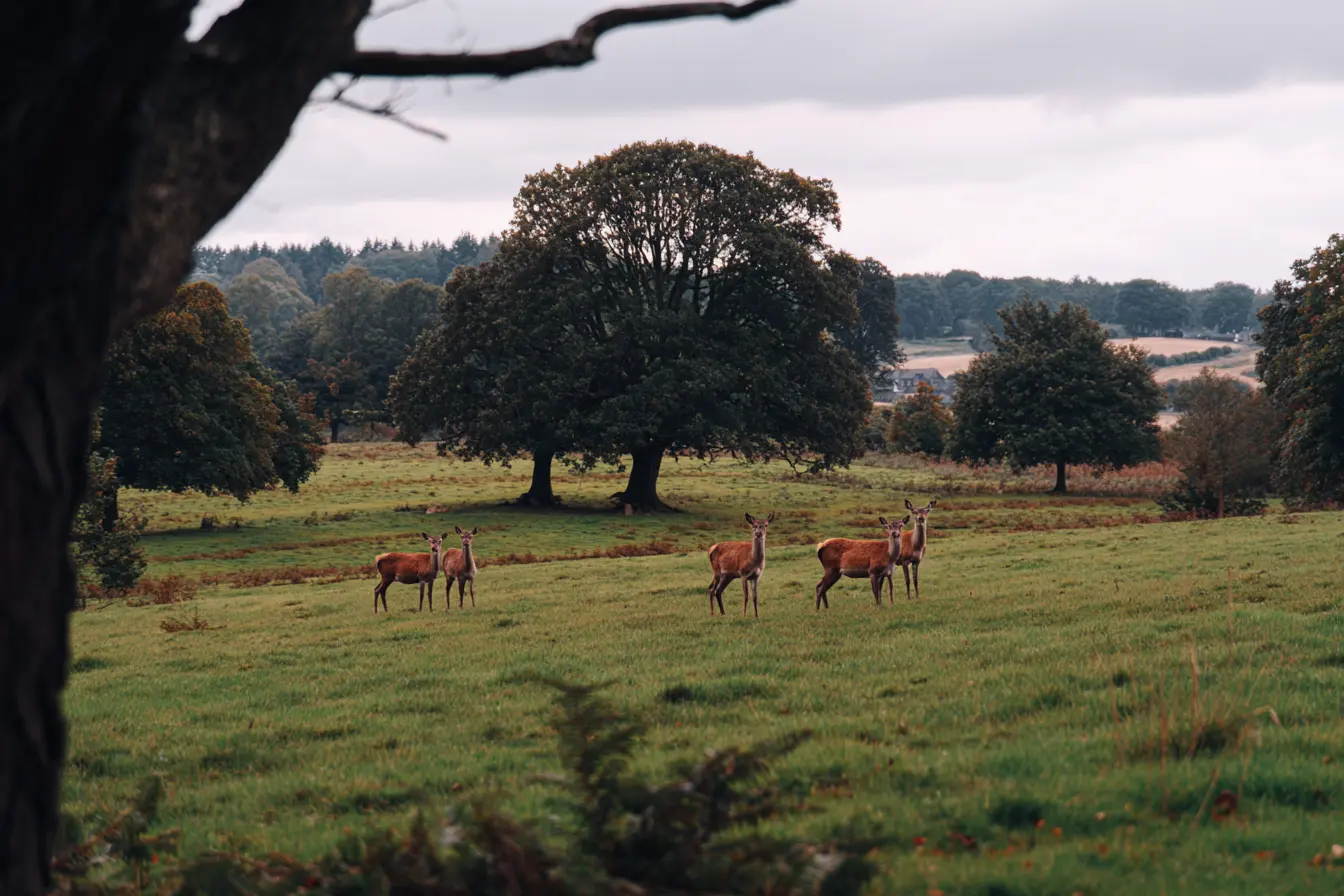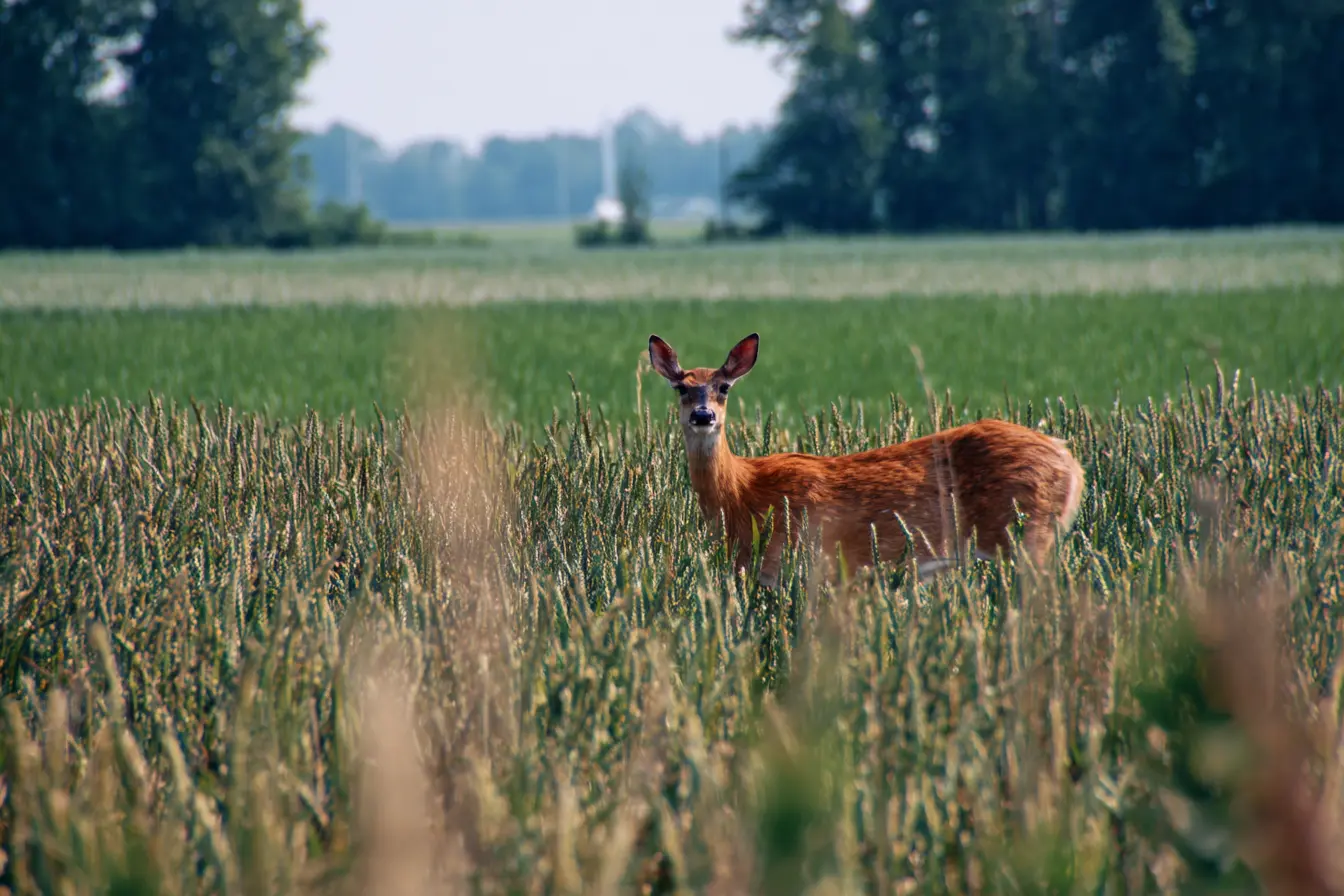
A Complete Guide to the Deer Act 1991 for UK Deer Keepers
The Deer Act 1991 is the primary legislation governing the welfare, management, and protection of deer in England and Wales. If you are a deer keeper, landowner, or involved in deer management, it is crucial to understand the legal obligations and restrictions this Act imposes.
This guide provides an overview of the Deer Act 1991, its key provisions, penalties, and what it means for you as a responsible deer keeper.
What is the Deer Act 1991?
The Deer Act 1991 was introduced to regulate the hunting, capture, and treatment of deer in England and Wales. It was designed to:
- Prevent poaching and illegal hunting
- Protect deer from unnecessary suffering
- Ensure ethical and sustainable deer management
The Act applies to six species of deer found in the UK:
- Red deer (Cervus elaphus)
- Fallow deer (Dama dama)
- Roe deer (Capreolus capreolus)
- Sika deer (Cervus nippon)
- Chinese water deer (Hydropotes inermis)
- Muntjac deer (Muntiacus reevesi)
Scotland has its own version of the law under the Deer (Scotland) Act 1996, which is separate from the Deer Act 1991.
Key Provisions of the Deer Act 1991
Close Seasons
The Act sets close seasons for deer to protect them during breeding and rearing times. During these periods, it is illegal to kill or take deer unless you have a legal exemption, such as preventing serious crop damage.
Close seasons in England and Wales:
- Red deer
- Stags: 1 May – 31 July
- Hinds: 1 April – 31 October
- Fallow deer
- Bucks: 1 May – 31 July
- Does: 1 April – 31 October
- Roe deer
- Bucks: 1 November – 31 March
- Does: 1 April – 31 October
- Sika deer
- Stags: 1 May – 31 July
- Hinds: 1 April – 31 October
- Chinese water deer
- No statutory close season
- Muntjac deer
- No statutory close season
Muntjac and Chinese water deer have no close season because they breed year-round. However, deer managers should avoid culling lactating females.
Prohibited Hunting Methods
The Act makes it illegal to hunt deer using certain methods that cause unnecessary suffering. These include:
- Shooting deer at night (between one hour after sunset and one hour before sunrise)
- Using firearms that are not powerful enough to ensure a quick and humane kill
- Using traps, snares, or poisons
- Using vehicles to chase or kill deer
Unlawful Killing and Taking of Deer
The Act makes it an offence to:
- Kill or take deer during the close season without legal justification
- Kill or take deer using prohibited weapons or methods
- Trespass on land to hunt deer without permission
- Take or kill deer with the intent to sell or trade unlawfully
Exemptions
Some exemptions allow deer to be culled outside the close season or using otherwise prohibited methods. These include:
- Protection of crops, orchards, and woodlands from serious damage
- Prevention of disease
- Scientific or conservation purposes
In these cases, specific licenses may be required from Natural England or Natural Resources Wales.
Penalties for Breaking the Deer Act 1991
Anyone found guilty of an offence under the Deer Act 1991 may face:
- A fine of up to £5,000 per deer
- A prison sentence of up to three months
- Seizure of firearms and hunting equipment
- Disqualification from holding a firearms licence
Responsibilities of Deer Keepers
If you keep deer, you must:
- Ensure humane culling practices
- Obtain the necessary permissions for any deer management activities
- Use appropriate firearms and ammunition
- Avoid disturbing deer during their close season unless legally exempt
Failure to comply with the Act can result in legal action and penalties.
For Further Information, Visit:
- Deer Act 1991 (Full Text)
- British Deer Society
- Forestry England Deer Management
- Natural England Licensing
- DEFRA Deer Management Guidance
- National Gamekeepers' Organisation
Conclusion
The Deer Act 1991 is essential for ensuring the ethical and legal management of deer in England and Wales. Deer keepers must understand and follow its regulations to protect deer populations and maintain responsible hunting practices. Always check for any amendments to the law and seek guidance if unsure about compliance.
Vets near you
Speciality vets
- Aquatics vet specialists
- Birds vet specialists
- Camelids vet specialists
- Cats vet specialists
- Cattle vet specialists
- Deer vet specialists
- Dogs vet specialists
- Equines vet specialists
- Exotic vet specialists
- Goats vet specialists
- Pigs vet specialists
- Poultry vet specialists
- Sheep vet specialists
- Small Mammals vet specialists
- Wild vet specialists
Vet facilities
- Accessible by public transport
- Blood testing
- Car park nearby
- Client car park
- Dentistry
- Diagnostic imaging
- Disabled public access
- Flea and worm treatments
- Microchipping
- Mobile services
- Neutering
- Open at weekends
- Out-of-hours service
- Referral interests
- Referrals only
- Street parking outside
- Toilets available
- Vaccinations



